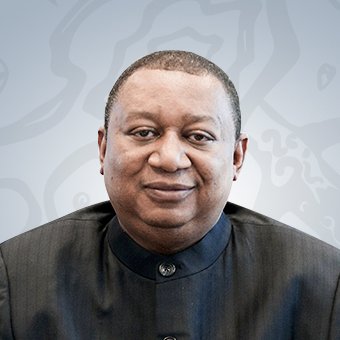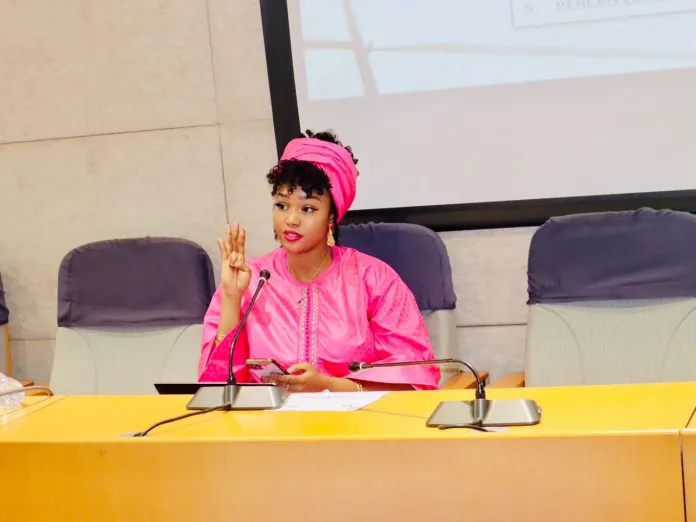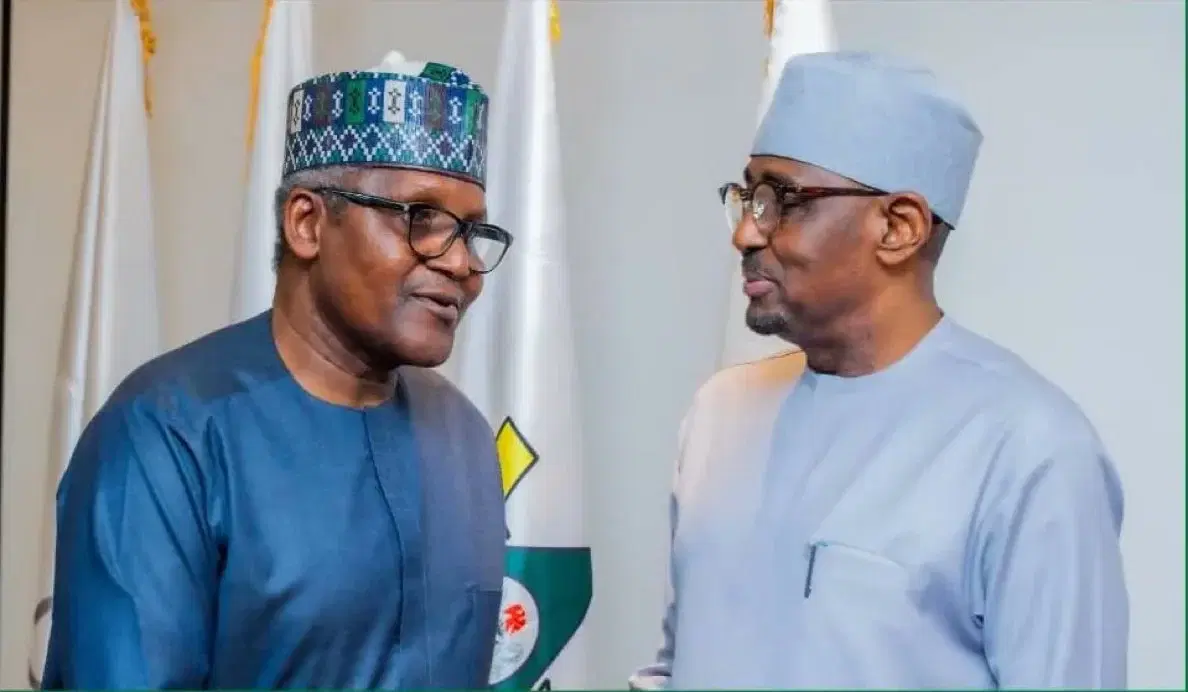The climate change negotiations will impact industry in the COVID-19 Era
By Mohammad Barkindo
It is a distinct honor to welcome you all to our first-ever Ministerial Roundtable on Energy, Climate, and Sustainable Development under the Charter of Cooperation (CoC). I would like to offer a warm welcome to the President of the OPEC Conference and Minister of Mineral Resources and Petroleum of Angola, HE Dr. Diamantino Pedro Azevedo, who will be chairing this event, and to all OPEC and non-OPEC Ministers in attendance today.
I would furthermore like to offer a special welcome to the new Minister of Oil of the Islamic Republic of Iran, HE Javad Owji, and APPO President, HE Mohamed Arkab.
In addition, we have many valued guests and contributors here today, from the International Energy Forum; the Gas Exporting Countries Forum; the OPEC Fund; the Organization of Arab Petroleum Exporting Countries; and several African organizations, including the African Energy Commission, the African Petroleum Producers’ Organization, the African Refiners and Distributors’ Association and the African Energy Chamber. We look forward to engaging with you all.
As we all know, the public discourse around energy, climate, and sustainable development has become noisier and more forceful in recent years.
However, despite the greater attention, all warranted giving the pressing need to shrink global emissions, alleviate energy poverty, and find a sustainable way forward that delivers for each and every person on this planet, the parameters of the public discourse often seem reduced to the question: are you for, or against fossil fuels?
It is perhaps the ultimate false dichotomy. It erroneously limits what options are available. It should not be a question about ‘one or the other’.
For a challenge of this scope, the solutions require more comprehensiveness. No one should be left behind. All voices need to heard and listened to. We all share this planet. We need multilateralism at the center of our energy, climate, and sustainable development future.
OPEC, as an intergovernmental organization, has always been a proud member of the multilateral system. It is integral to our existence and central to our raison d’être, as can be viewed most recently through the prism of the Declaration of Cooperation (DoC) and the CoC.
It is important to state that OPEC has continuously been a promotor of both sustainable development and efforts to combat climate change, with a focus on the need to utilize all solutions to reduce GHG emissions and adapt to their impact, and at the same time ensure energy access for all.
As recipients of some of the worst impacts of climate change, there are no climate deniers at OPEC. The Organization has a long history of supporting environmental issues and sustainable development, with the declaration of the Third Summit of Heads of State and Government of OPEC Member Countries in Saudi Arabia in 2007, recognizing not only the stability of global energy markets, but energy for sustainable development and energy and the environment, putting OPEC well ahead of its time.
OPEC and its Member Countries have also been directly involved in the evolution of the United Nations Framework Convention on Climate Change (UNFCCC), whose core elements particularly equity, historical responsibility and national circumstances must remain central to all processes moving forward.
The Organization has been there every step of the way — from the UN Intergovernmental Negotiating Committee in 1990, which produced the framework convention on climate change, to the Rio Earth Summit in 1992; from the first Conference of the Parties (COP1) to the UNFCCC in Berlin in 1995; to the Kyoto Protocol in 1997 and the Paris Agreement in 2015, to COP25 in Madrid in 2019. And, of course, we will be there at COP26 in Glasgow, Scotland, later this year.
I have personally been involved in climate change talks since their inception, and have spent almost all of my working life in this process. I know how important it is to tackle both climate change and energy poverty, within the context of sustainable development and the UN SDGs, with SDG7 calling for universal and sustainable energy access.
I have witnessed energy poverty first-hand in my home continent of Africa, where more than 600 million people have little or no access to electricity and 900 million lack safe and clean cooking fuels.
Global leaders need to be reminded that for billions the day does not start by switching on a light, opening a refrigerator or turning the ignition on a car. Access to affordable and reliable modern energy is a must for everyone.
There are some who believe the oil and gas industries should not be part of the energy future, that they should be consigned to the past, and that the future is one that can be dominated by renewables and electric vehicles. We need to counter this evolving narrative.
It is important to state clearly that science does not tell us this, and the statistics related to the blight of energy poverty do not tell us this either. What science and statistics tell us that we need to reduce emissions and use energy more efficiently.
We need to show how the oil and gas industry can foster its resources and expertise and help unlock our carbon-free future, through its role as a powerful innovator in developing cleaner and more efficient technological solutions to help reduce emissions.
For example, carbon capture utilization and storage (CCUS) and others, as well in the promotion of the Circular Carbon Economy to improve overall environmental performance, which has been promoted by OPEC Member, Saudi Arabia, and received a positive endorsement from the G20.
We need to continually highlight the importance of environmentally and economically effective policies that are equitable and just, as well as fair and inclusive strategies that ensures no-one is left behind.
The capacities and national circumstances of developing countries must be taken into account in all actions. In order to not render countries already struggling even more besieged, it is necessary to carefully consider the adverse socio-economic impacts on these countries due to mitigation activities, in order to identify remediation measures and share best practices.
In this regard, financing is critical to reaching any climate targets set in developing countries’ nationally determined contributions (NDCs). There has been a lot of talk about financial issues from developed countries, but so far a disappointing amount of pledges have been realized. Developing countries have indicated the need for enhanced support, including financial resources, technology development and transfer and capacity building to aid adaptation and back increased ambitions for climate action.
It should also be noted that COVID-19 has made circumstances more difficult for oil-producing developing countries, which already face devastating losses that could accompany mitigation and adaptation action.
It brings me back to where I began today: the false dichotomy. Oil and gas development and the environment have often been seen as the antithesis of one another, and yet as we all know this is not the case. The two can go hand-in-hand.
As industry leaders and citizens of this planet, through the DoC and the CoC we need to continually show this in both words and deeds. Here I am not only talking about the years to come, it will be vital at COP26 that takes place this year from October 31 to November 12.
These climate change negotiations will have a significant impact on our industry in times when economies are striving to recover from the COVID-19 health crisis and build back resilient, just and inclusive societies.
We hope that our discussions today help us all reach a clearer understanding on issues of importance for oil-producing countries, and the world as a whole, as stakeholders move forward in the implementation of international environmental goals.
It is clear that we are at our best when we work together as a team and present a unified voice. This has been vital in our work to aid the recovery of the oil market from the impacts of the pandemic, and it will be vital in helping achieve comprehensive and inclusive solutions to the questions surrounding energy, climate and sustainable development.
I look forward to our discussions in today’s inaugural roundtable and I am sure we will all benefit from each other’s knowledge and insights.
– Being the Welcoming Remarks HE Mohammad Sanusi Barkindo, OPEC Secretary-General at Ministerial Roundtable on Energy, Climate and Sustainable Development on September 6, 2021








